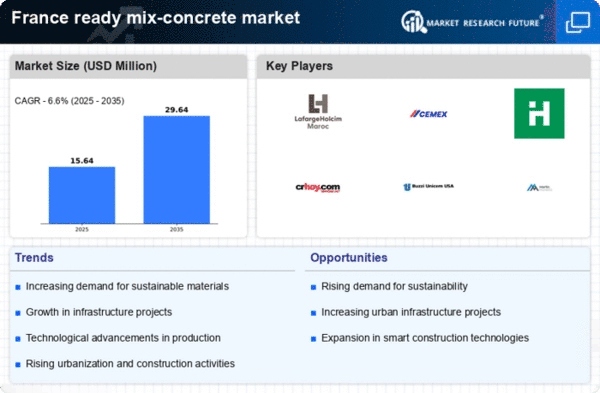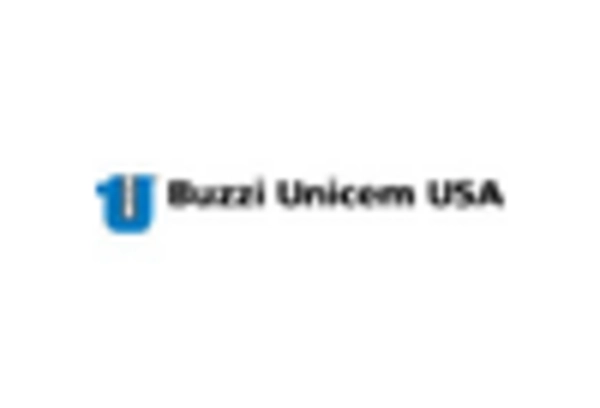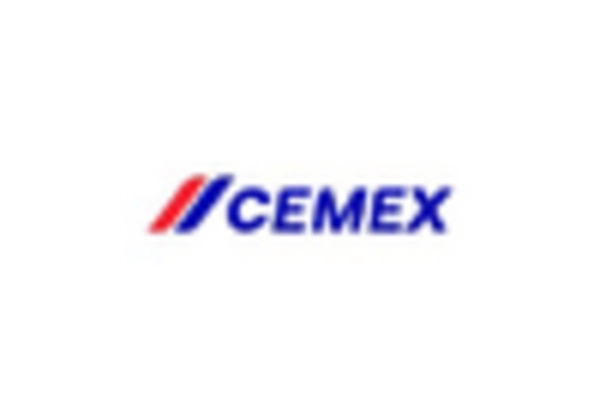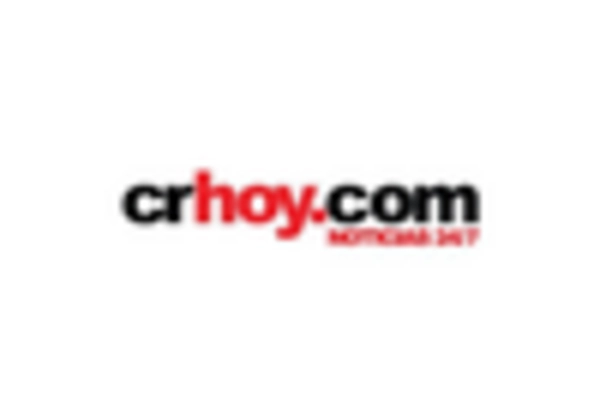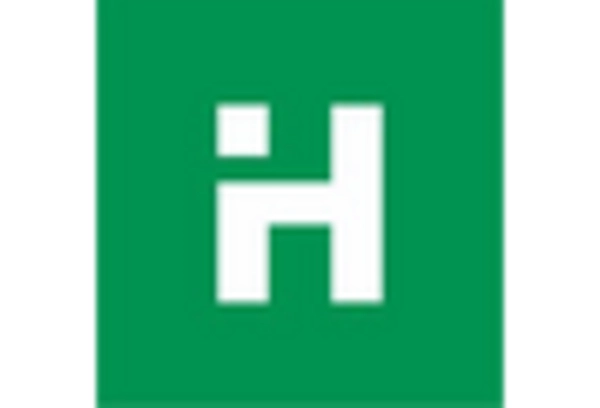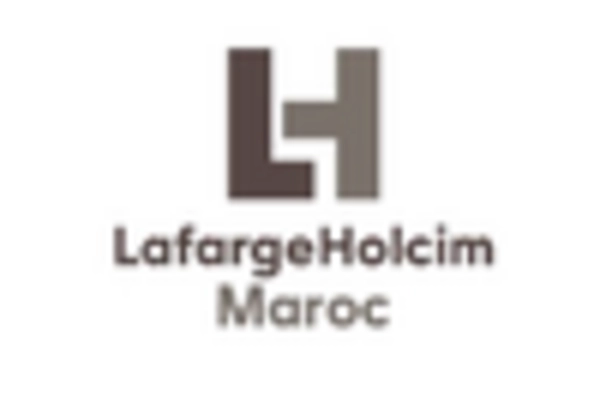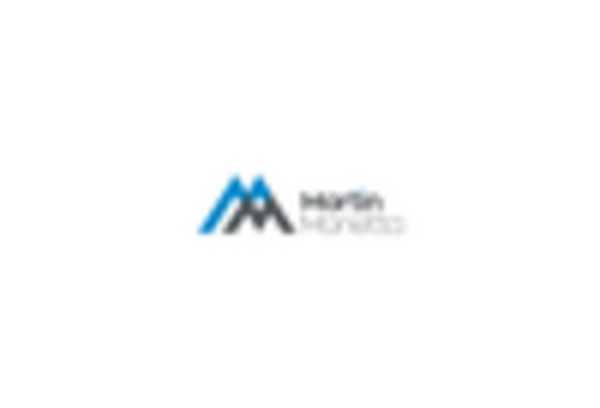Regulatory Compliance and Standards
The regulatory landscape in France is evolving, with increasing emphasis on compliance and standards in construction materials. The ready mix-concrete market is directly impacted by stringent regulations aimed at ensuring quality, safety, and environmental sustainability. In 2025, it is estimated that compliance costs could account for up to 15% of total production expenses for ready mix-concrete manufacturers. These regulations often require the use of advanced materials and technologies, which can enhance the performance of concrete. Consequently, companies that adapt to these regulatory changes may gain a competitive edge, thereby driving growth in the ready mix-concrete market. The focus on compliance not only ensures safety but also promotes innovation within the industry.
Infrastructure Development Initiatives
The ongoing infrastructure development initiatives in France are poised to significantly influence the ready mix-concrete market. The French government has allocated substantial funding for various infrastructure projects, including transportation networks, bridges, and public facilities. In 2025, the investment in infrastructure is projected to reach approximately €50 billion, which is expected to drive demand for ready mix-concrete. This surge in construction activities necessitates a reliable supply of high-quality concrete, thereby benefiting the ready mix-concrete market. Furthermore, the emphasis on modernizing existing infrastructure to meet contemporary standards is likely to create additional opportunities for market players. As a result, the ready mix-concrete market is anticipated to experience robust growth fueled by these infrastructure initiatives.
Urban Development and Housing Projects
The urban development and housing projects in France are driving significant growth in the ready mix-concrete market. With a growing population and increasing urbanization, the demand for residential and commercial buildings is on the rise. In 2025, it is projected that the housing sector will require approximately 10 million m3 of ready mix-concrete, reflecting a robust growth trajectory. This demand is further fueled by government initiatives aimed at promoting affordable housing and urban regeneration. The ready mix-concrete market is thus positioned to capitalize on these trends, as construction companies seek reliable suppliers to meet their concrete needs. The focus on urban development not only stimulates economic activity but also enhances the overall market landscape.
Technological Integration in Production
Technological integration in the production processes of ready mix-concrete is becoming increasingly prevalent in France. The adoption of automation and digital tools is enhancing efficiency and quality control within the ready mix-concrete market. In 2025, it is estimated that companies utilizing advanced technologies could see productivity improvements of up to 30%. Innovations such as real-time monitoring systems and automated batching processes are streamlining operations and reducing waste. This technological advancement not only lowers production costs but also ensures consistent product quality, which is crucial for meeting the demands of modern construction projects. As a result, the ready mix-concrete market is likely to benefit from these technological enhancements, leading to increased competitiveness.
Rising Demand for Eco-Friendly Solutions
The increasing demand for eco-friendly construction materials is reshaping the ready mix-concrete market in France. As sustainability becomes a priority for builders and consumers alike, the market is witnessing a shift towards greener alternatives. In 2025, it is projected that the market for sustainable concrete solutions could grow by approximately 20%, driven by consumer preferences and regulatory pressures. This trend encourages manufacturers to innovate and develop products that incorporate recycled materials and reduce carbon footprints. The ready mix-concrete market is thus adapting to these changes, with companies investing in research and development to create environmentally friendly products. This shift not only meets market demand but also aligns with broader sustainability goals.


